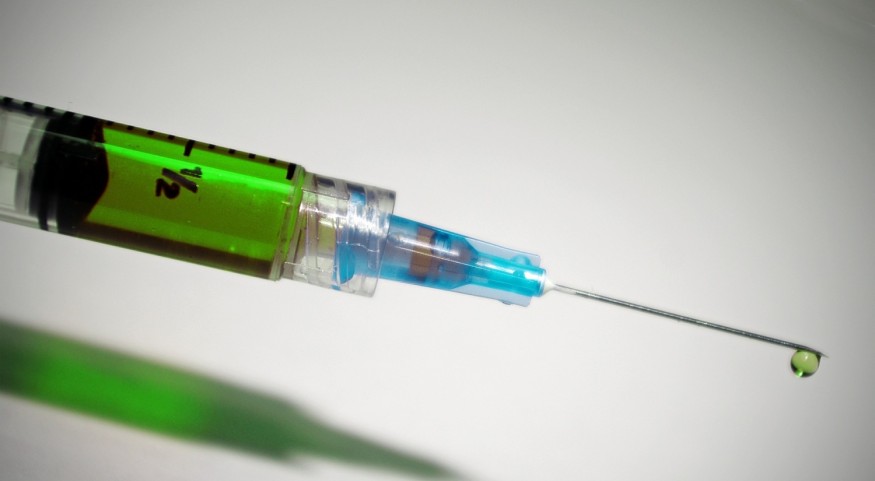

In another first for the U.S., The Food and Drug Administration (FDA) on Apr 2 okayed a new test for coronavirus antibodies.
A report from the USA Today said that the new test will look for protective antibodies in a finger prick of blood. It will give a clue on a person's exposure to the virus and hence may now have some immunity.
In contrast, available tests being done currently involved finding fragments of viral genes that may indicate an ongoing infection. Health staff would swab the nose and throat, and analyze the genetic particles from any virus found thereafter.
How does the antibody test work?
The antibody test produced by Cellex will look into two types of antibodies. The first one is the immunoglobulin M, the antibody developed a few days into an infection. The second is the immunoglobulin G, the one produced later but made specifically to neutralize a specific invader.
Test results could come out in just around 15 minutes.
Antibody testing provides scientists a better glimpse of the extent of the infection in a certain population. It will help them estimate death rates with accuracy.
The new test is a breakthrough since it will now be able to identify people who have already built their immunity. This could, in turn, mean they can now be allowed to go back to work safely.
Secondly, it may also be important for frontliners to know whether they have antibodies.
This kind of testing are already being done in Singapore, China, and other countries. The UK Health government has reportedly bought millions of antibody tests for home use.
READ ALSO : Germany To Roll Out Coronavirus Antibody Tests to 100,000 People In A Bid To Get The Country Out of Lockdown
Does it guarantee immunity?
A report from the New York Times says 'no' citing an interview with Dr. Angela Rasmussen, a virologist at Columbia University in New York. The expert says the new test will only look for the presence of the antibodies and will deliver a qualitative yes or no answer. It does not, however, say how well any antibodies are working.
While some people infected with the virus produce strong immune responses, others may not. Understanding how long the immunity to the virus may last is also limited, the New York Times reported.
"In those cases, it's hard to say how good this test would be," Dr. Rasmussen said. "This would probably be most useful for rapid testing of people in the clinic who are symptomatic, and not so much for asymptomatic or presymptomatic people."
For more updates, like the Science Times page on Facebook or Sign up for our newsletter.
© 2026 ScienceTimes.com All rights reserved. Do not reproduce without permission. The window to the world of Science Times.












